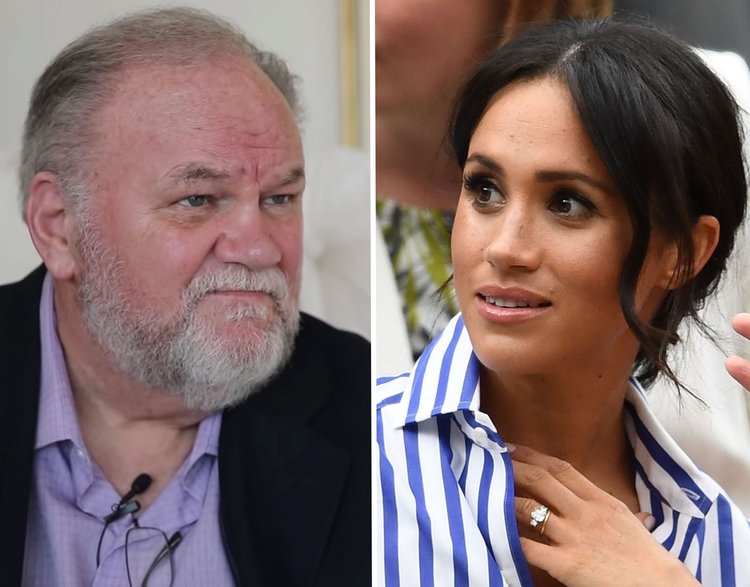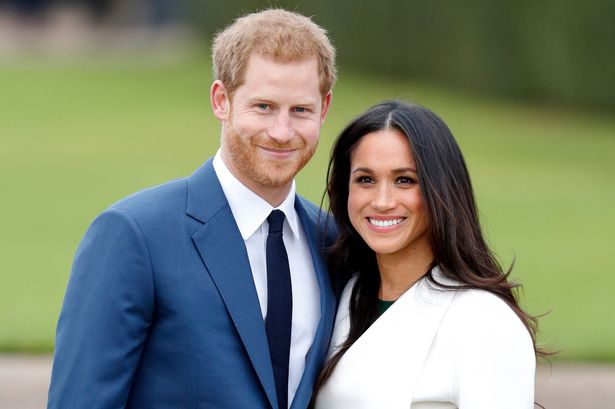Former retired Suits actress, Meghan Markle, now the Duchess of Sussex (after marrying Prince Harry of the British Royal family) is back in the limelight. Markle is widely regarded as ‘a black woman’, yet she self-identifies as ‘mixed race’, which calls upon the representation of her identity.

This is a response to the article The Problematic Tabloid Narrative of Meghan Markle by fellow Common Sense writer Ilayda McIntosh. Let’s look at Markle’s representation in the media from a different angle.
Recently, media depictions and attacks on Meghan Markle during her pregnancy show a similar treatment to that of Princess Diana. The debate that has ensued with extravagant costs of her baby shower. According to a new report from Vanity Fair, the total cost of Meghan’s NYC baby shower was around $200,000, (£152,000). At lavish Upper East Side hotel the Mark. The penthouse suite at a cost of $75,000 (£57,000) a night. A private jet Gulfstream G450 twin-jet plane, with the one-way trip to NYC costing around $125,000.
Some believe the scrutiny and outroar of the cost of the baby shower is down to Meghan’s racial background. The black community has lept to her defence, although she has publicly said she is “mixed race”, so why do the black community continue to defend a “mixed race” woman?
Meghan Markle’s mother is of an African American descent and her father of Dutch-Irish descent. Markle identifies as mixed-race. So why have the black community referred to her as a black woman?
Markle’s recent marriage to Britain’s Prince Harry has created a mixed public reaction in both the black community and the white community. The black community interestingly have defended her evidently in a greater proportion.
Some members of the black community have considered their union as an achievement and a “great day for black women”. Whilst others refused to claim Markle as black — citing her half white background.

One Drop Rule
“The One Drop Rule refers to how U.S courts and law books historically declared that a mixed race person with one black ancestor or one drop of black blood should be categorized as black”
The one–drop rule is a social and legal principle of racial classification that was historically prominent in the United States in the 20th century. It asserted that any person with even one ancestor of sub-Saharan African ancestry (“one drop” of black blood) is considered black (Negro in historical terms).
The reference of Meghan Markle as a black woman is as a result of the one drop rule approach still co opted in the black community.
Typically in the black community, due to the history of slavery, there were two terms we became synonymous with, the house negro (lighter complexion ) and field negro (darker complexion).
The lighter skinned negro was higher in the racial hierarchy, whereas the darker skinned negro was treated with disdain. The lighter skinned negro was seen as closer to white simply because of skin colour which allowed for greater assimilation into white society. There is a misconception that the light skinned slave was always treated better when sometimes their treatment was in fact worse.
Many light-skinned black people were believed to be biracial, so when the mistress would come outside and saw a lighter black kid, she would assume that her husband, the master or overseer of the plantation slept with one of the slaves. This often led to the woman to abuse the kid more, and sometimes even stab them.
The mistress often abused the biracial kids, more than the outdoor slaves who only got whipped if they disobeyed or slowed down their work. And since it was customary that the servants had to dress well and look well, to represent how wealthy the household was, the indoor slaves often got beaten anywhere on their body except for their face, and other visible parts.
This led the outdoor slaves to believe that the biracial and light skinned slaves were getting better treatment than the outdoor slaves. But in reality, they had it just as hard. The only benefit was being able to eat the leftovers on the master’s plate, while the outdoor slaves had to grow their own food.
The division between the lighter skinned, mixed race and the darker skinned community was because some believed that the lighter skinned or mixed race slaves were treated better. Lighter skinned, mixed-race slaves had to survive and many as history has shown turned around to aid the black struggle. The one–drop rule has persisted into the 20th century, it does not seem it will leave as Meghan Markle is still considered to be a great hope for black women and black people in general. Is it clutching at the thin straws of black ethnic solidarity?
Hope for Black Women

From Good Morning America tweeted
“For many black women, Meghan Markle’s engagement offers ‘hope’
Representation matters and the black community have called out for a better representation for years . I did not imagine this was the way they imagined hope looking like. Meghan Markle does not look like us, having a black mother gives her a cultural background, and perhaps a shared experience, but in phenotypes (facial features), Markle looks more racially ambiguous which is problematic as we have a one-track viewpoint on what looking black is.
Young black girls feel as if they are not recognized in society. Her marriage perhaps highlights the call and now the action for a more diverse monarchy. However the monarchy of Britain has had one face, Meghan Markle’s presence is a trickle in a pond of white faces.
The other side may say that society sees Meghan Markle as a “black woman”, and why can’t black women see Meghan Markle as black, well because it simply reduces her identity to what the black community want it to be. As opposed to what she states her own identity is. Others will also argue her having a black mother makes her black irrespective of her white father who she is estranged from. Whilst I understand the argument that there is strength in drawing in those of mixed descent to help unify the black race. It is still the one drop rule.
The solution is one that is simple, to label her as a “black woman” is to take away from her own identity. It is not fair to label her as something she does not define herself as. She has said and reiterated “I am a mixed race woman “. Being mixed race is a complex identity with layers to unpack, alike to the black identity. Identity is incredibly subjective and one should be able to choose their own identity no one else. She can not stand in place to represent the black community, as evidently she does not want to.


